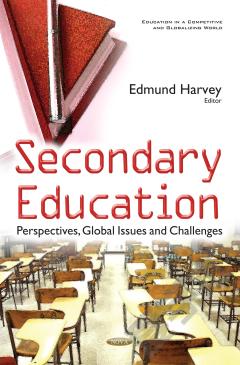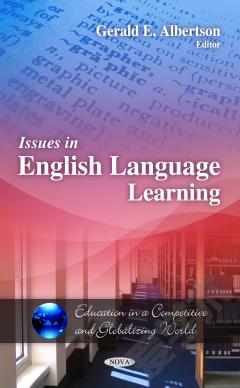English Language Education in a Global World: Practices, Issues and Challenges
With English becoming the world’s foremost lingua franca, the pressure to improve English language education (ELE) has been steadily increasing. Consequently, the nature of ELE has changed drastically in the last decade. This has not only brought about a number of changes in the way English is taught and learnt, but it has also led to various innovative practices around the world. As a result, this edited book aims to shed light on the new theoretical and methodological developments in the field of ELE as well as the major issues and difficulties faced by practitioners in different parts of the globe. One very important variable that the book takes into account is the role that English already plays in a particular society since this may affect the views that teachers and students hold of the language. This in turn can significantly influence the way English is taught and learnt in given political, economic and socio-cultural settings. The purpose of this book is therefore to provide a comprehensive overview of the pedagogical methods, policies and problems that underlie English language education in ten different regions across the world, including: the USA, Canada, the UK, Australia, New Zealand, India, Singapore, Japan, China and Hong Kong. In doing so, the different chapters in the book emphasize the importance of responding to linguistic and other forms of diversity in order to develop English language education in a globalized world. This book will be useful for teachers and students of English language, for English language curriculum and materials developers, and for those involved in educational policy-making and language acquisition research. Written by experts in the field, the range of content covered in the book’s chapters will also help policy-makers, researchers and practitioners develop effective English language education practices and policies, and propose solutions to emerging issues in English language teaching and learning in different environments around the world. The newly-developed arguments and concerns pertaining to English language education will serve as future reference for professionals interested in this area of expertise.
{{comment.content}}








 京公网安备 11010802027623号
京公网安备 11010802027623号